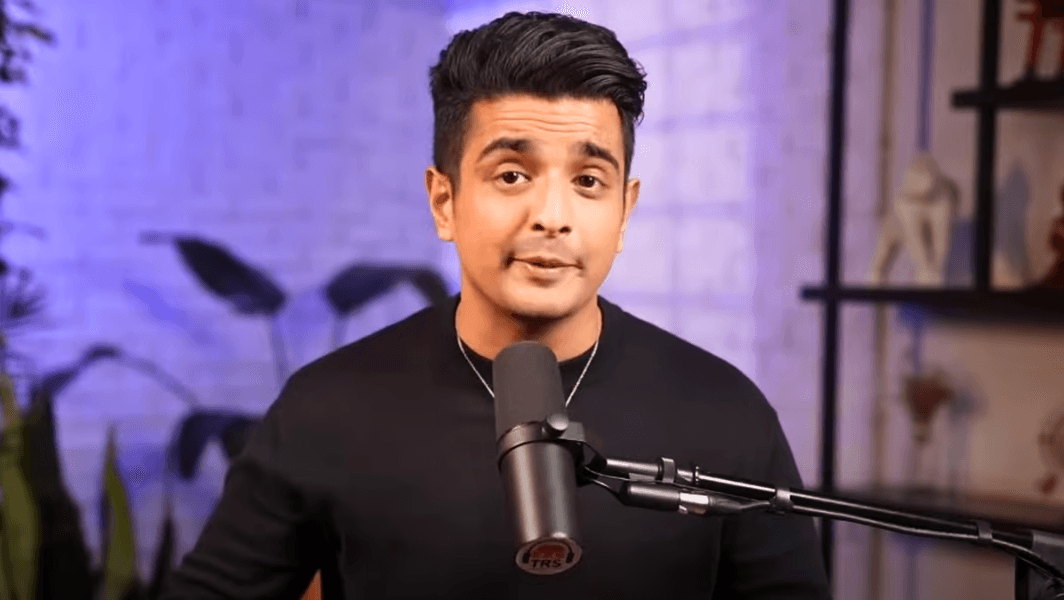
YouTuber Ranveer Allahbadia Sparks Controversy Over 'Dirty' Comments
Supreme Court Grants Protection Amid Backlash
Indian YouTuber and podcaster Ranveer Allahbadia, popularly known as BeerBiceps, has found himself at the center of a nationwide controversy after making an explicit remark on the reality show India’s Got Latent. His question, deemed "dirty" and "perverted" by India’s Supreme Court, led to widespread outrage, police cases, and even death threats.
The backlash was so intense that YouTube removed the episode, and the Supreme Court granted interim protection from arrest while also banning Allahbadia from posting content on social media.
A Viral Storm: Outrage, Apologies, and Legal Action
The controversy began when Allahbadia posed an inappropriate and highly controversial question to a contestant on 9 February. The backlash was immediate, with critics accusing him of promoting vulgarity and moral decay.
As the outrage escalated, Allahbadia and Samay Raina, the show’s creator and a well-known stand-up comedian, issued public apologies. In an attempt to contain the damage, Raina removed all previous episodes of the show from YouTube. However, the public and political storm showed no signs of calming.
Critics of the government’s reaction argue that the state is making an example of Allahbadia to regulate digital content further.
Comedy, Controversy, and Free Speech in India
Raina’s show, which debuted in June 2023, quickly became known for its bold humor, edgy content, and unpredictable format. With episodes racking up tens of millions of views, the show frequently pushed boundaries and courted controversy.
However, critics argue that the program crossed ethical lines, with frequent misogynistic comments, body-shaming, and offensive jokes. One high-profile incident saw a fashion influencer walk out of the show after being compared to a former adult film actress and being asked about her "body count."
Despite these incidents, many fans defended the show, praising it for unfiltered comedy and raw talent. Roasting and insult comedy, they argued, are part of modern entertainment.
Experts believe that in the race for virality, digital creators often feel pressured to push the limits of acceptability, leading to repercussions when content crosses cultural or moral boundaries.
Global Standards vs. Cultural Sensitivities
Interestingly, Allahbadia’s question was not original—a similar question was asked on an Australian comedy show, OG Crew’s Truth or Drink. While it passed without controversy in Australia, in India, it triggered national outrage.
This discrepancy highlights how internet content, once confined to local audiences, now reaches global platforms, sometimes leading to unintended cultural clashes.
Government Intervention: A Step Toward Censorship?
Some political analysts believe that the controversy is being exploited by authorities to distract from pressing issues like unemployment and pollution. Others fear it will be used to justify stricter regulations on digital content creators.
Reports suggest that a parliamentary panel is considering tighter laws for online content, and the Supreme Court has advocated for stronger regulations.
The Future of Digital Entertainment in India
The fallout from this controversy is far from over. While Allahbadia and Raina face professional setbacks, the broader conversation on free speech, digital censorship, and content regulation continues to gain momentum.
As India’s digital landscape expands, this case could shape the future of content creation, determining how far comedy, entertainment, and free speech can go before crossing into legally and socially unacceptable territory.
For any enquiries or information, contact info@thelawreporters.com or call us on +971 52 644 3004. Follow The Law Reporters on WhatsApp Channels